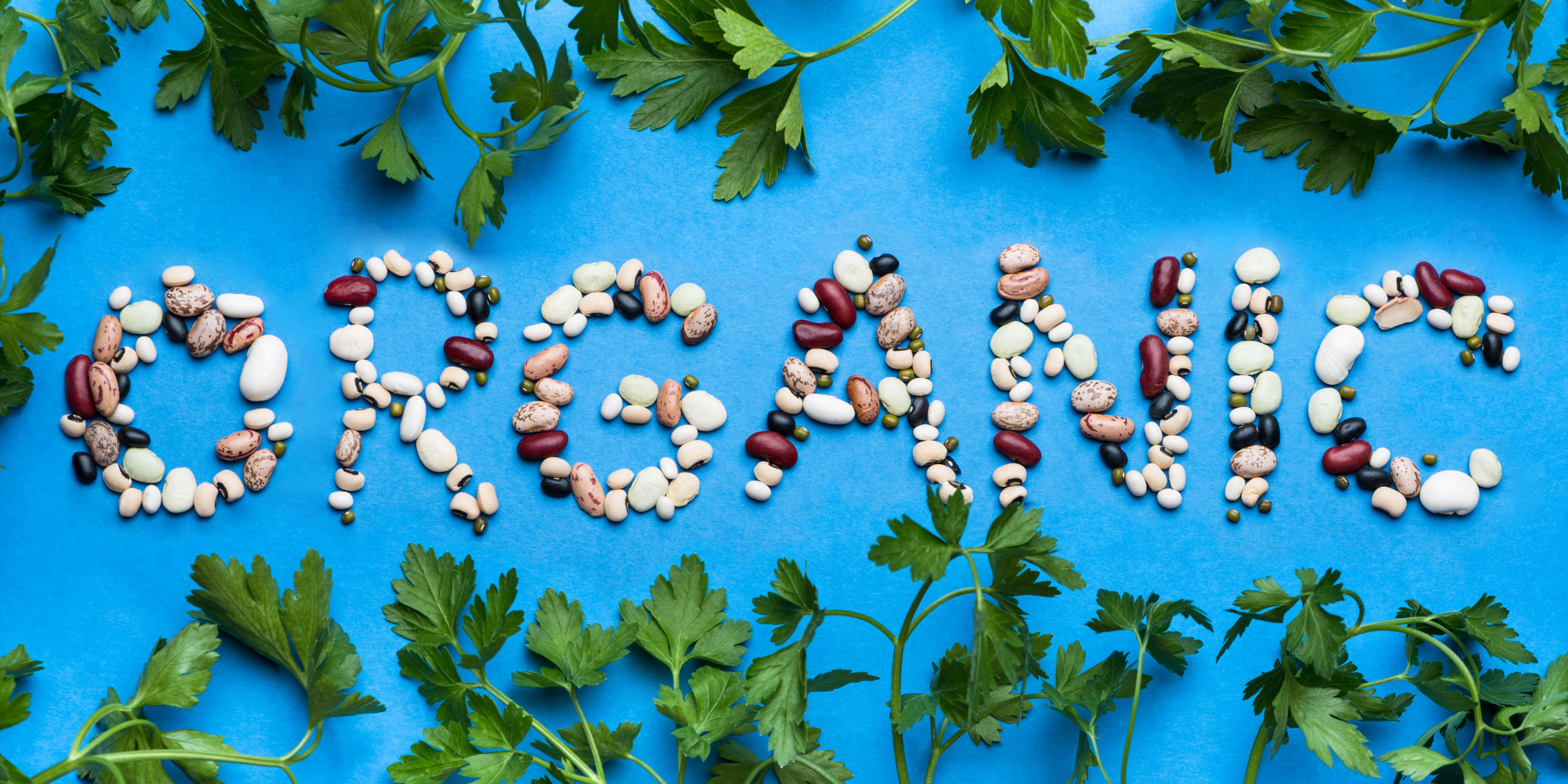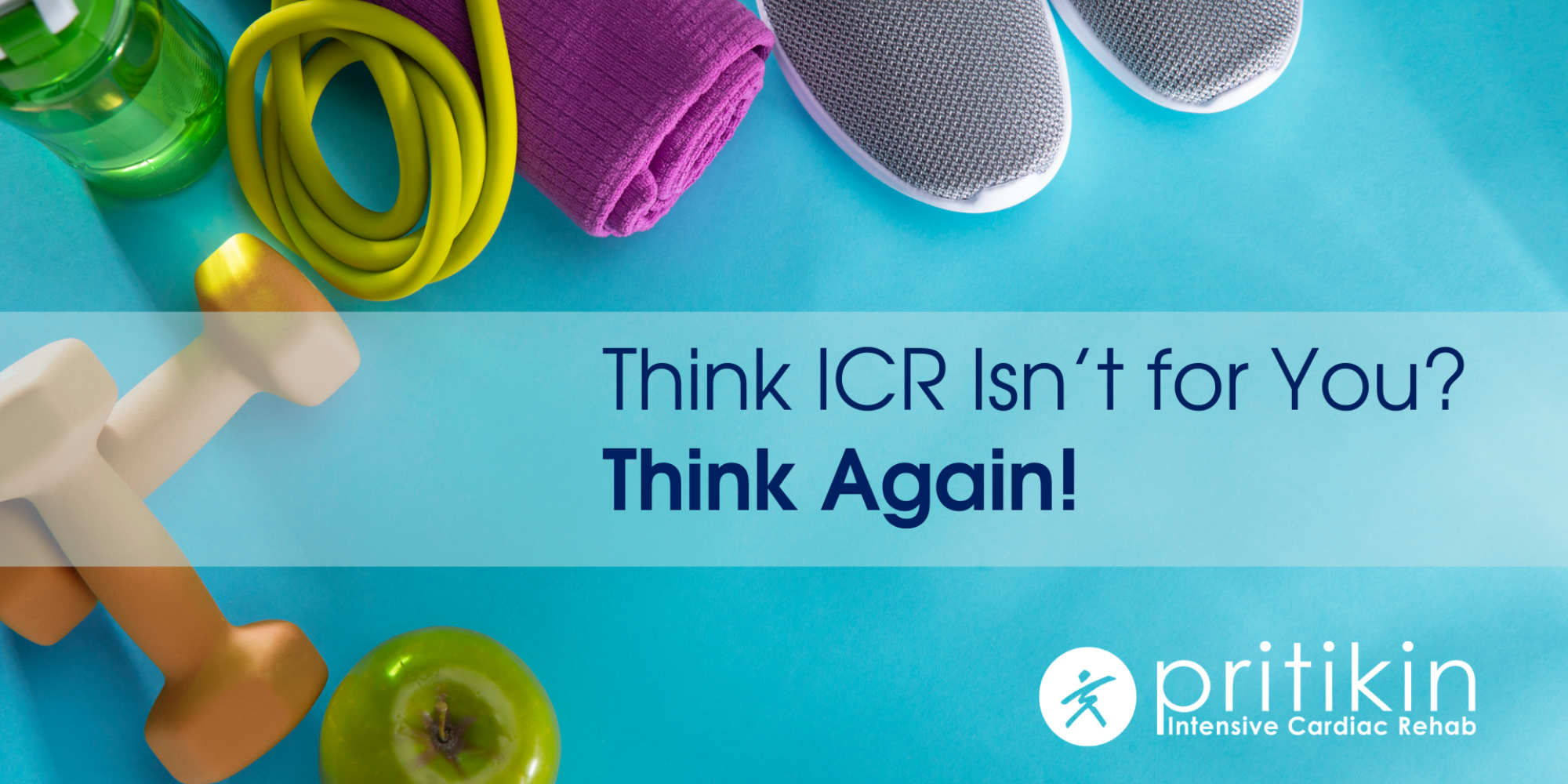Most of us know that eating healthy means eating plenty of fruits, vegetables, whole grains, non-fat dairy, and lean protein. But, should we also be eating foods that are organic? It depends on who you listen to. Not surprisingly, advocates for organic foods say “yes,” but scientists and researchers say “maybe.”
Safety
We know the amount of pesticide and fertilizer residues on non-organic foods is well below the level that the Environmental Protection Agency has deemed unsafe. So, it comes down to whether this small amount might add up to an increased health risk down the line. Currently, long-term studies aiming to identify potential links between organic food consumption and health are lacking.
Nutritional Benefits
The current research base does not provide a clear picture on the long-term health benefits of organic dietary intake. A few studies have reported that organic foods have higher levels vitamins, minerals, omega-3 fat levels, and disease-fighting antioxidants. However, the differences are so small that it’s likely not significant to one’s overall health.
Environmental Impact
There is also the argument that organic food is better for the environment. However, it’s recently been reported that organic farming has a greater impact on greenhouse gas emissions mainly because agricultural yields are much lower. This issue is still being debated and is likely affected by many variables such as the type of crop, farming method, region, and yield.
Protect Yourself
Regardless if you purchase organic or not, the best way to protect yourself is to thoroughly clean ALL fruits and vegetables under plain running water – including items with inedible skins because cutting the rind with a knife can bring contaminants to the inside. Use a vegetable brush to scrub firm produce, such as melons and cucumbers.
Organic vs. Non-Organic
Deciding to purchase organic food should be based on what makes the most sense for YOU. If you decide to spend extra for organic food, consider looking for organic food grown locally at nearby farmers’ markets. If you decide to NOT spend extra for organic food, there is one clear way to reduce the environmental impact of your food and improve your health: reduce the amount of meat in your diet and eat plenty of natural, whole (unprocessed), or minimally processed foods.
A healthy eating plan consists of fruits, vegetables, whole grains, lean calcium-rich foods (nonfat dairy, fortified soymilk, broccoli), fish, and lean sources of protein. This approach will provide considerably more health benefit compared to selecting organic vs. non-organic foods.




.png)